Paul Revere: Revolutionizing Education for a Stronger Future
Jared Taylor: Welcome to the American Classroom Podcast, with hosts Jared Taylor and Lindsay Crosland, where we explore all things education pre-K through 12th grade.
Today we're speaking with Stephanie Lund, the principal of the new school called Paul Revere in Mesa, Arizona. Stephanie, how are you doing this morning?
Stephanie Lund: I'm great, thanks for having me.
Jared Taylor: Good, nice to see you. And Lindsay, how are you doing?
Lindsay Crosland: I'm doing great. It's a beautiful morning to talk about an awesome school. I'm excited.
Jared Taylor: Yeah, this is gonna be great. Gosh, I remember a couple of years ago when I got the first call to explore something new in education with the East Valley Institute of Technology. And for those of you that don't know that school, it's called EVIT.. We're gonna, we're gonna say eVet a lot.
It's East Valley Institute Technology. It's probably the gold standard in high school career technical education. And they wanted to do something really, special, they're not authorized to issue high school diplomas, so they wanted to get a really high quality high school to do that.
But they have the best career technical education, CTE offered easily in Arizona and definitely one of the best in the US. They wanted to combine those two things to really benefit all students, but with specific emphasis on the youth that are experiencing foster care. So we're gonna talk a little bit about that cuz it's starting to come together.
We're a couple months away from launching it, Stephanie, and we're excited. This is gonna, this is gonna be fun. It's an innovative concept here in Arizona.
Stephanie Lund: It is, we are so excited to get the doors open to get students on campus and to just enjoy all the great benefits that Paul Revere has to offer.
Jared Taylor: Yeah well and, I want to talk about the benefits. I mean, let's just go right to the end. If someone enrolls in the school and goes through the curriculum, completes everything, what are they gonna get?
Stephanie Lund: Ultimately, we really want students to have a future that they can be proud of. That they have the ability to be self-dependent, to do what they wanna do after high school. So let's get them through that part of their life and get them to the next phase.
So some of the benefits that Paul Revere offers are, we have credit recovery options. We have dual enrollment options, which is really nice, so if you wanna get some college credit, we're able to do that. We have sports opportunities, which is amazing. So come and join and be a part of our sports teams.
A really big one that we talk a lot about behind the scenes is transportation. We've landed a few grants that have given us the opportunity to provide transportation, which is huge. So we will work with those families and determine the best routes to get them to our school and provide that transportation.
We also have trauma informed staff, as well as just partnering with our EVIT counterparts, and getting that CTE certificate so when they graduate, they will be workforce ready.
Jared Taylor: That's huge. That's a big backpack we're putting all kinds of things in, right? We're not just putting textbooks. At the end of the day, they're gonna leave with things that they're gonna be ready. Workforce ready, but not just workforce ready, building strong character, which is really a big emphasis of Paul Revere School and the Heritage Schools that we're all a part of. So that's pretty fun.
Stephanie Lund: And in our community in large. Right? That character building.
Lindsay Crosland: And EVIT is a huge program. I mean, how many kids currently attend?
Stephanie Lund: They're close to 5,000.
Jared Taylor: Wow and it's two campuses.
Lindsay Crosland: Two campuses, and so many students are already taking advantage of this amazing technical programs and certificates that they can get currently. I have three different friends with kids who, one does welding, one just graduated in cosmetology and one in fashion design. But they spent the last two years, their junior and senior year driving. Attending their academic school and then driving 30 minutes to the Mesa campus to do their afternoon program and then driving all the way back.
So the coolest thing is that students can be on one campus, do their academics in the morning, their technical certificate in the afternoon, or vice versa, and no driving. They get an actual lunch, they get their academic diploma and whichever certificate or two, one or two, because our program allows for the four years. So pretty cool.
Jared Taylor: It's crazy as big as it is, it's still unknown in a lot of the districts that send to EVIT from North Scottsdale, if people know the Phoenix area, all the way to queen Creek. South Gilbert, south Chandler area. But actually with Revere, and Stephanie maybe you can touch on this a little bit. They've changed a couple things to make it even more available to young people. You wanna just touch briefly on some of the changes that are actually kicking in this particular year?
Stephanie Lund: So students that turn 16 during the academic school year are allowed to attend EVIT. So before it was just a junior, senior year option. Now it could be that sophomore year if kiddos, maybe started a little later in school, or maybe they were held back anyway, they will be able to attend EVIT their sophomore year. So talking to what Lindsay was saying is, that means that they could potentially earn two certificates or more, depending on the program that you choose. So lots of different options.
We're excited to have this partnership and to move forward. All of our classes at Paul Revere are in person as well. There's a teacher in the classroom. It will be somewhat of a typical educational format, but we will be different. We want to be different. We want to have that personal relationship with the students, I want to say one-on-one, but there will be more than one person in the classroom. They'll just have that connection with their teacher.
Jared Taylor: Most people that do know EVIT, even though it's still very much a hidden gem, only think it's available for 11th and 12th graders. So now 10th graders who are typically turning 16, they're in play for this now. There's some young people that have been held back a year or two, for probably good reasons, so that they can get caught up in their math and language arts, so they might actually be able to in their freshman year. So we'll determine that on a case by case basis.
Stephanie Lund: That's right, absolutely. As well as there was also a GPA, or grade point average requirement to go to EVIT. We will be working with those students who might not meet that 2.0 criteria to help them be successful.
Jared Taylor: Stephanie, talk to us about what the average day looks like for a Paul Revere student.
Stephanie Lund: We start at 8:00 AM and we end at 2:35. And I'll talk a little bit more about the end time and the start time cuz there are always exceptions to the rule, right? But typically you'll be on the EVIT campus for three class periods of the day.
Our classes are 50 minutes long. You'll either go in the morning to EVIT or the afternoon that is up to EVIT they tell us when your schedule is over there. So typically, let's just say you have the morning over at EVIT. You'll start at 8:00 AM, the same time EVIT starts. You'll do your three classes and then you'll come and join Paul Revere for a class, and then we'll have lunch, and then we'll have three classes after that.
That will take us up to 2:35. Our teachers are there to help students until 3:30. So if you need extra tutoring or any help, after school will be our sports program, so then you'll be able to take advantage of that as well. You might stay a little bit later some days, EVIT also has some extended programs. For instance, cosmetology, you have to get the number of hours in to get your cosmetology license. So their afternoon program starts at noon and goes until four, or it starts at 7:00 AM and goes until 11:00. Like I said, there's always these little caveats, but we'll be able to help you out individually, to determine what your schedule's been going to be like. But a typical day is eight to 2:35.
Jared Taylor: I love how it's custom, but it's also streamlined. You know, Lindsay, you just talked about how they get their lunch back because right now they're making four trips to school if they're going to their local district or charter school and then having to transport in and back.
This is just two trips, so cutting down on the gas cost there, which is very helpful right now with $4 gas in Arizona. You pick up a lot of efficiency in it and that's just a side benefit from all of the other things that we talk about that they'll get from this program.
Lindsay Crosland: Another efficiency is that we offer dual enrollment. EVIT offers dual enrollment classes, so even if you're just working toward a technical degree, you can still pick up some college credits during high school if you want to. A lot of kids get ahead of their peers that way. Then if they are going on to college, they have a technical certificate to help earn money while they're in college, and they're ahead in credits, which saves them time and money. All around, it's such a great program.
And I think it's important for students to know that it's a small school. So if a student doesn't thrive in a school with 4,000 students at a high school, this has 200. They'll know everyone and the teachers will know them very well, know their needs, really be invested in their success, and they'll feel it. And they're going to do really well.
Jared Taylor: And they'll be part of the larger EVIT family too, they'll really have a lot of association. A huge benefit.
Stephanie Lund: Just to jump off of that, it is hands-on training, right? If you are more of a learner that likes to, you know, get in there and put your hands on things and learn that way, instead of just reading from a textbook, this is a great option for you. You need to come and check it out.
Jared Taylor: Well, we called it Paul Revere. We did some fun thinking about that. Lindsay, tell us a little bit about how some of that came together. Why did we call it Paul Revere and maybe some of the fun things with the school colors, because that's coming together with the building right now.
Lindsay Crosland: Well, Paul Revere Academy is a Heritage Academy School. We focus a lot on the founders of the United States of America, and we consider Paul Revere, an important person in early American history.
And he was a silversmith so a trade worker.
Jared Taylor: Most of the founders were lawyers and military people.
Lindsay Crosland: But Jared had a light bulb moment and Paul Revere came to mind and it's very fitting.
Stephanie Lund: You know, in my research on Paul Revere, he was more than just a silversmith. I mean, lots of different trades. At that time you could do that. It's very fitting.
And then I love the name Revere because when you revere something, you hold it in respect or you know, esteem. And that's education. That's something I think we all here at this table especially, feel is that education is the key.
Jared Taylor: I know when I think of Paul Revere, I think of a horse ride, the famous poem from Longfellow. That gives us urgency in the mission that we're doing and there's great young people here that need this program. So we're excited that this is finally coming to life after a couple of years. Stephanie, how do people learn about Paul Revere or contact you to get the process rolling if they wanna learn more or, take a tour or enroll.
Stephanie Lund: I think the easiest way is to go to our website, which is paulrevere.tech. That has all of my information feel free to email me or call me there's a phone number listed. You can call for any help that you need on an application or if you have questions, please reach out.
Lindsay Crosland: And just, in case we didn't say this at the beginning, Paul Revere is located on the campus of EVIT. We just completely remodeled a building that's on the campus. It's kind of at the end, but it's on the same campus. So students can just walk across the parking lot to their classes and it's a beautiful new space.
Jared Taylor: Stephanie, thanks for joining us here, was there any last thing that you wanted to leave the audience with?
Stephanie Lund: No, thanks for having me.
Jared Taylor: Yeah, this was fun. This is what the American classroom is all about, is building a civil society. And Paul Revere is one awesome innovation that's happening right now. So those of you that wanna continue to learn about new innovations or ways that we're strengthening the civil society, please continue to follow us, like us, subscribe, all those good things that you hear on all the podcasts, and we look forward to sharing more information about you.
Stephanie, thank you, Lindsey, it's been fun.
Lindsay Crosland: Definitely
Discover the power of education in achieving the American Dream. Join hosts Jared Taylor and Lindsay Crosland on American Classroom: Stories of Building a Civil Society. The show is dedicated to exploring the dynamic range of education options available to parents and students. We engage with teachers, experts, and parents to discuss safe schools, ways to capture vital opportunities for youth, and strategies to multiply our children's talents. Heritage Academy is dedicated to youth, their growth and development. The purpose of education is to build strong character. Strong character is reflected in strong families, strong communities, and a strong nation.

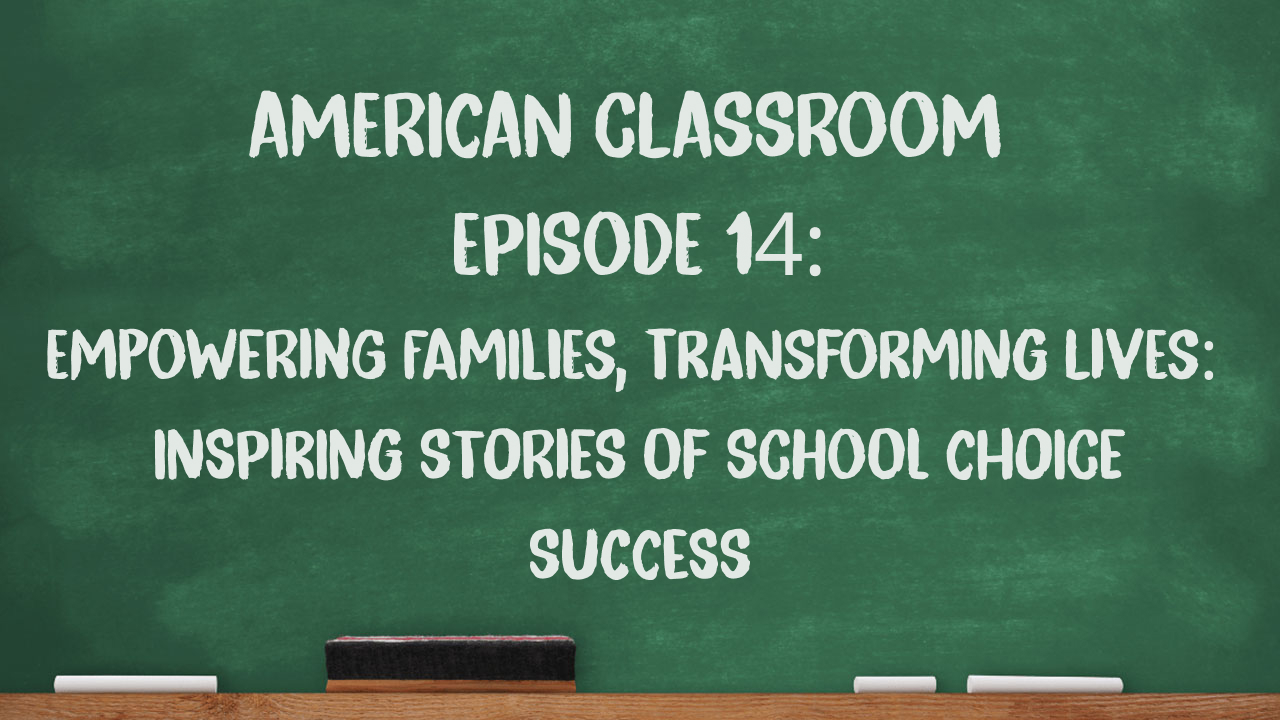
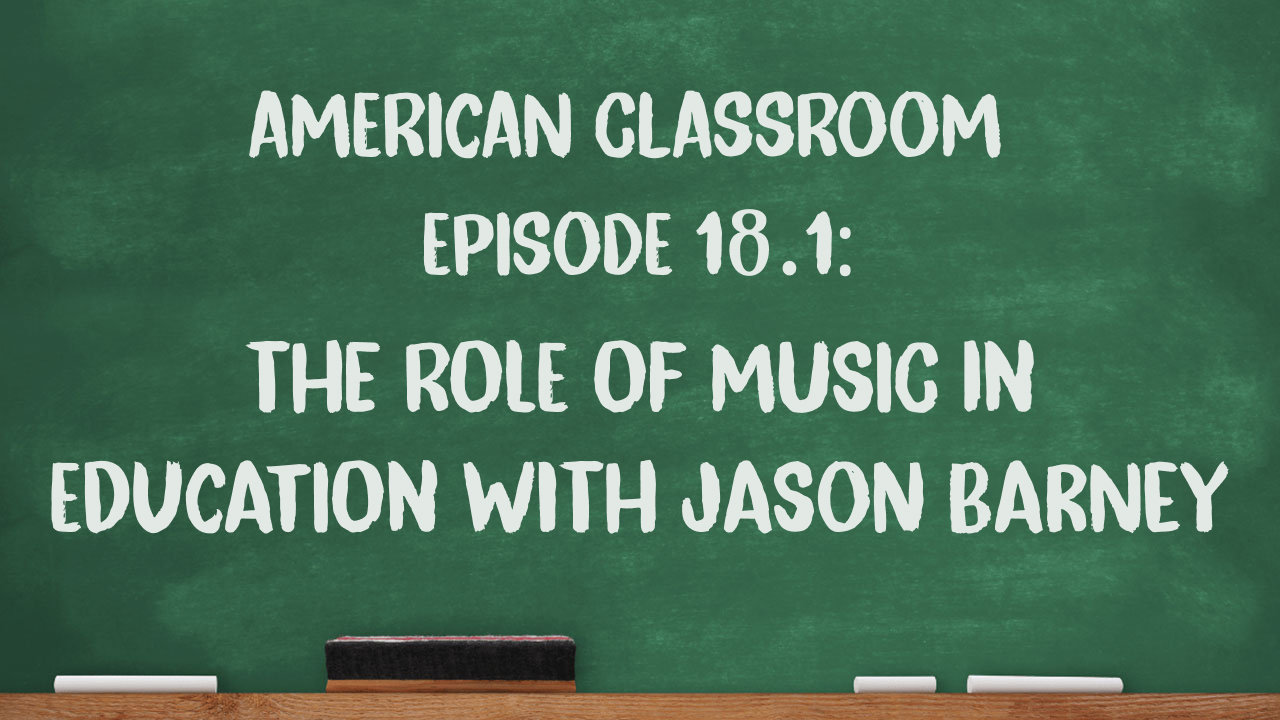
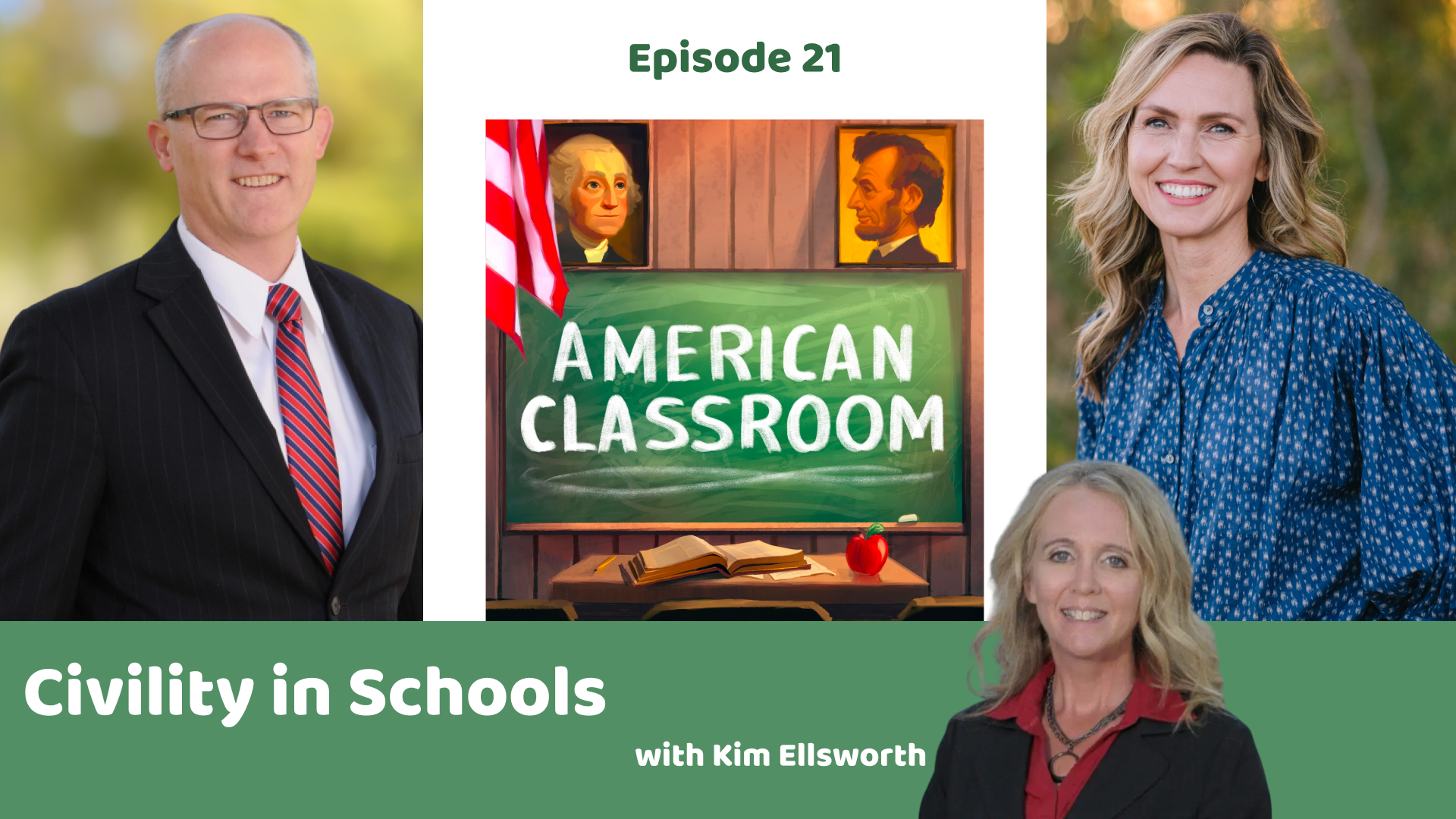
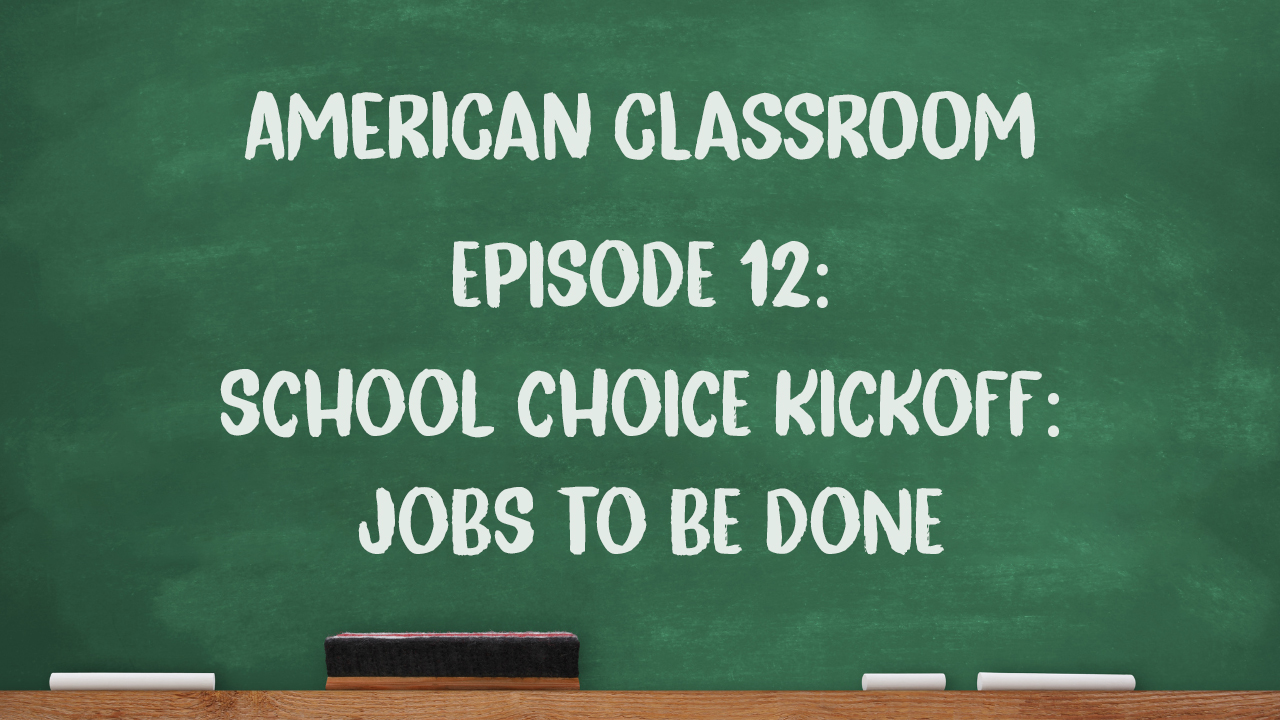
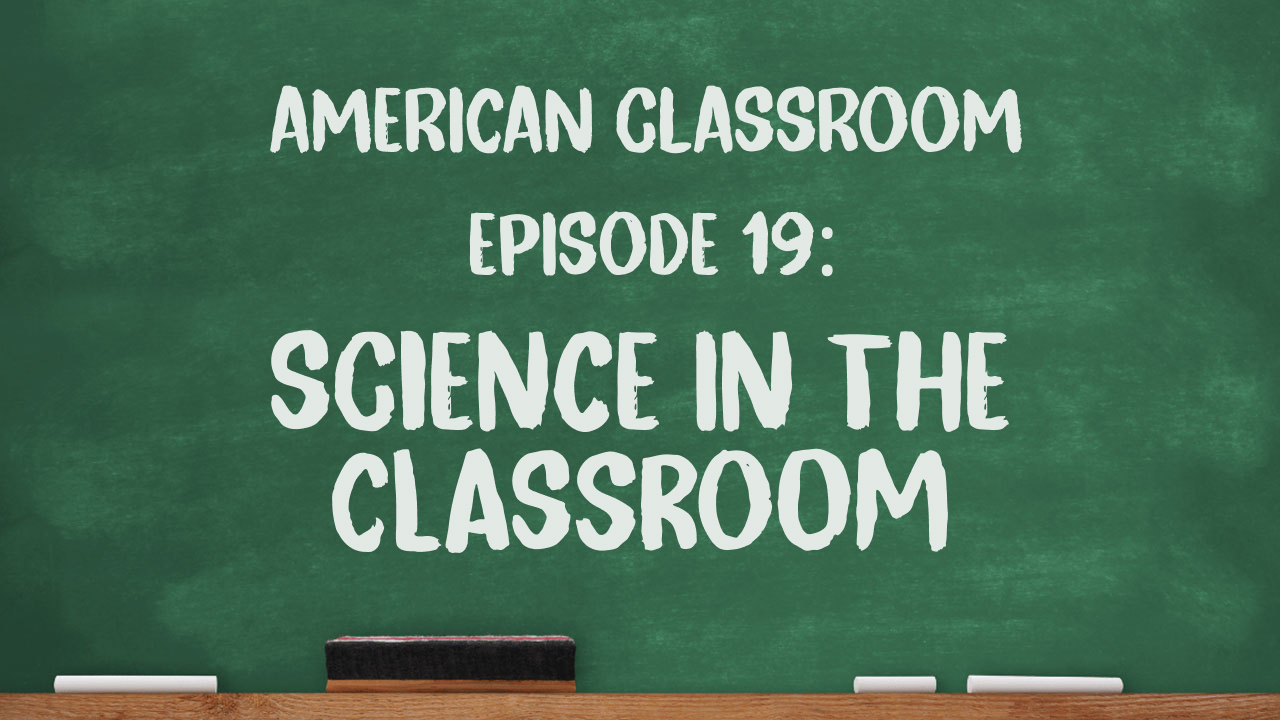
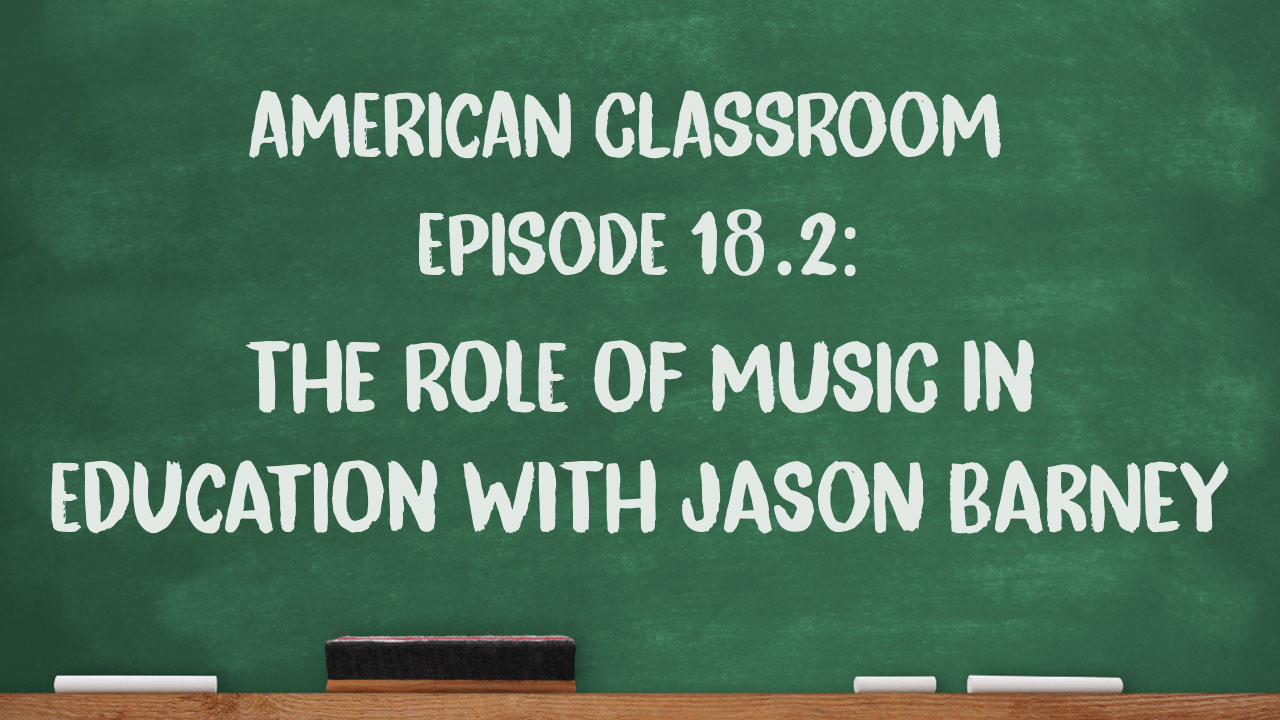
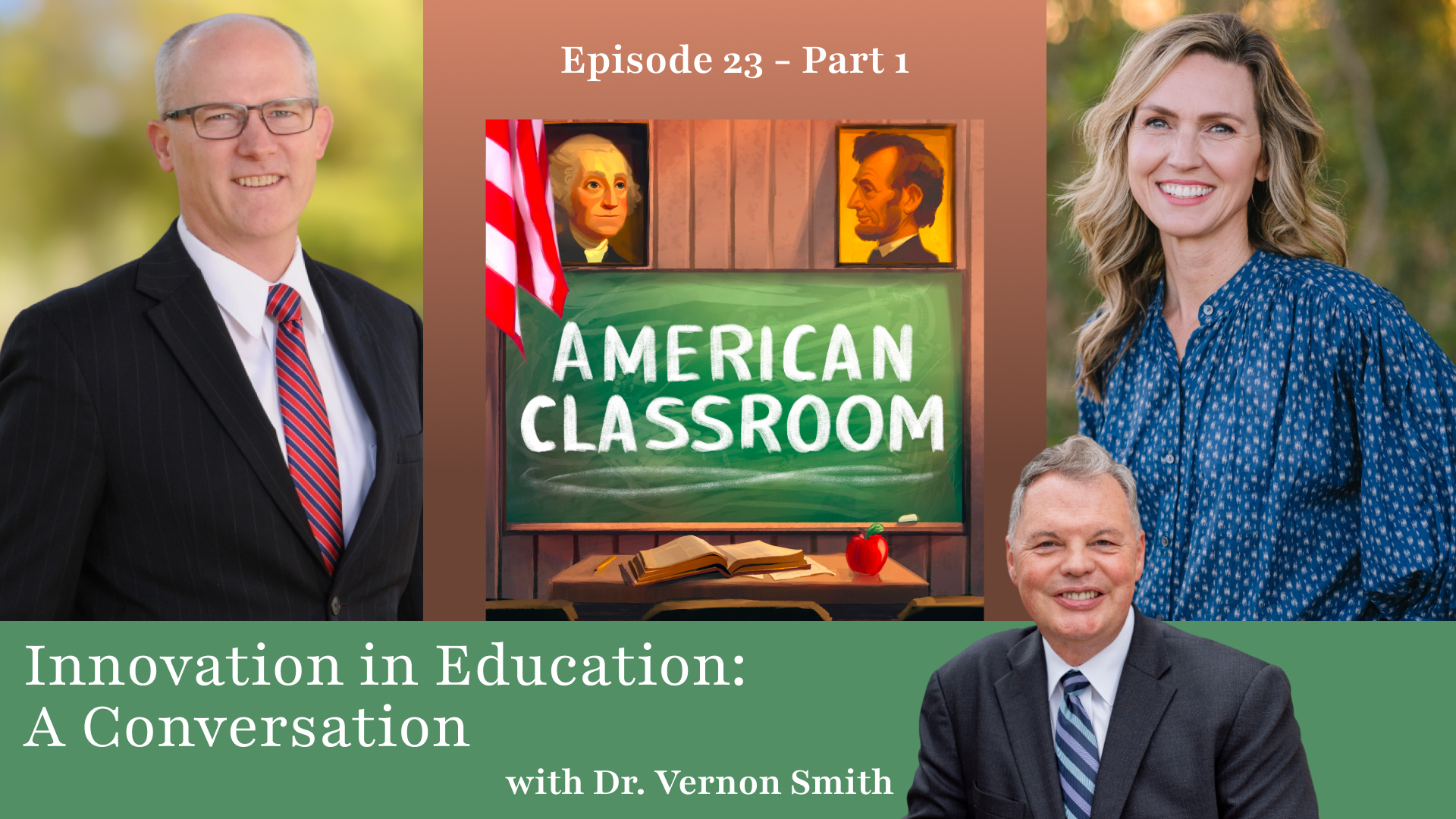
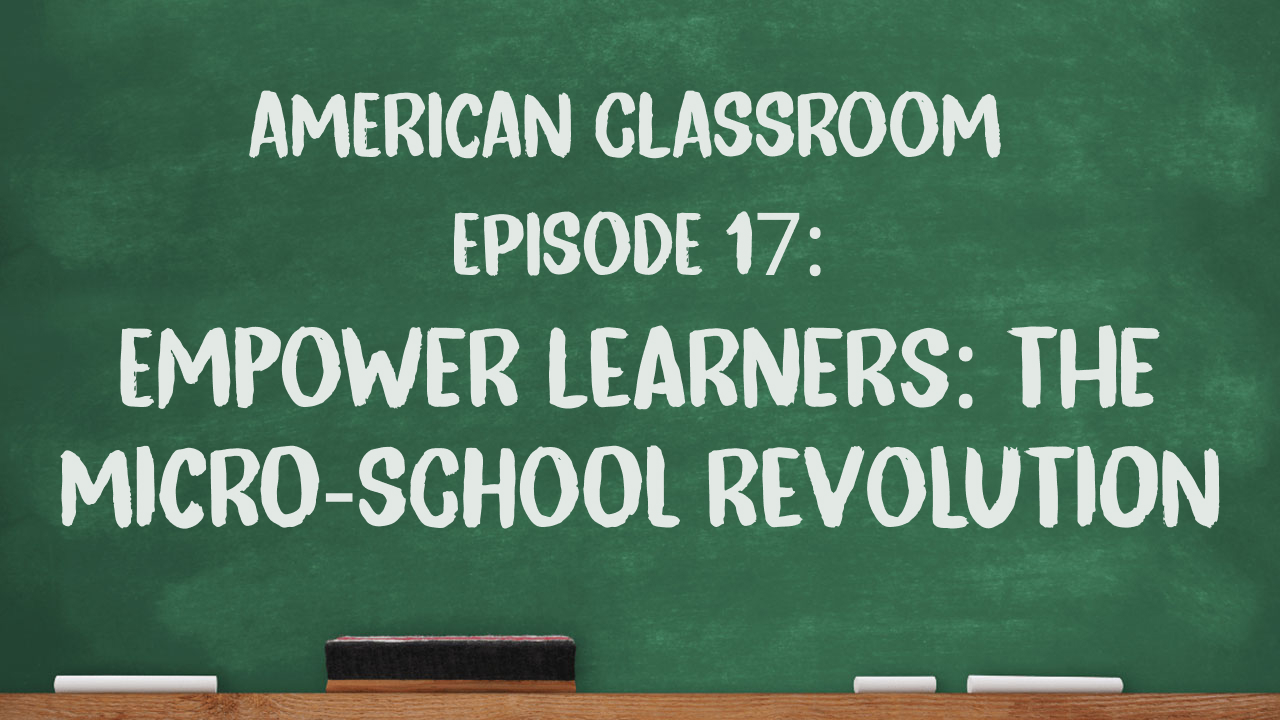
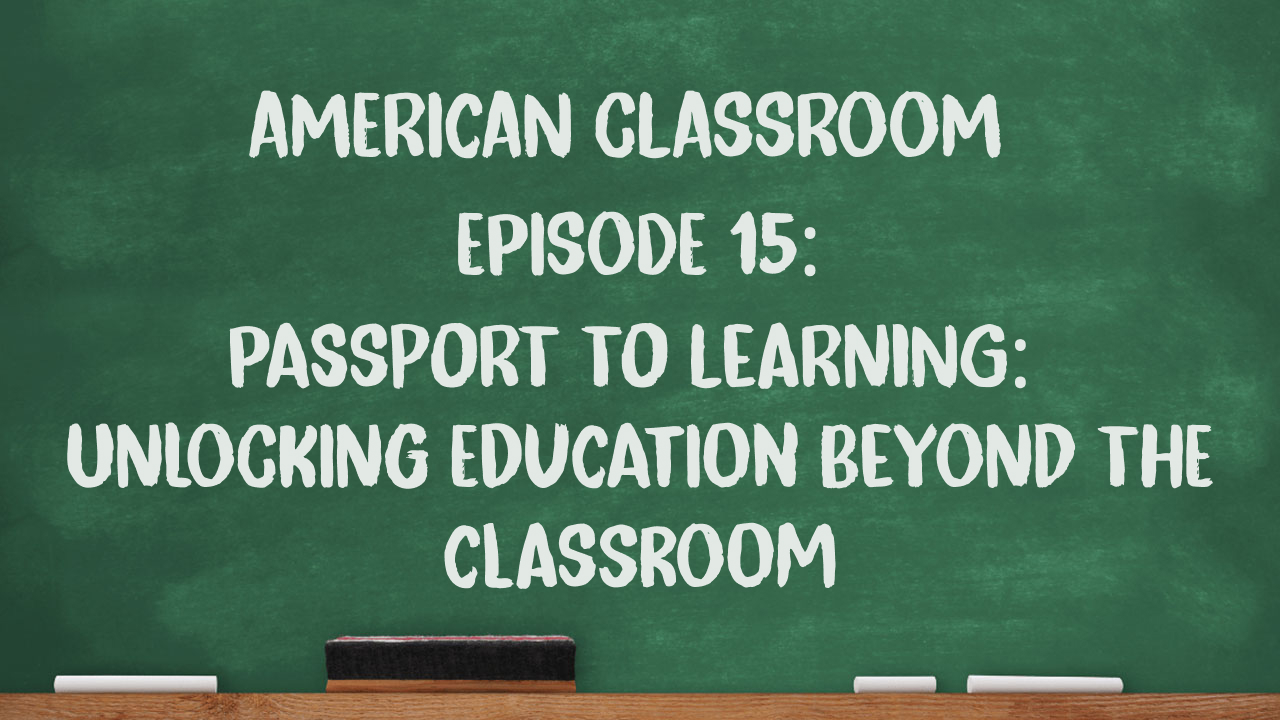
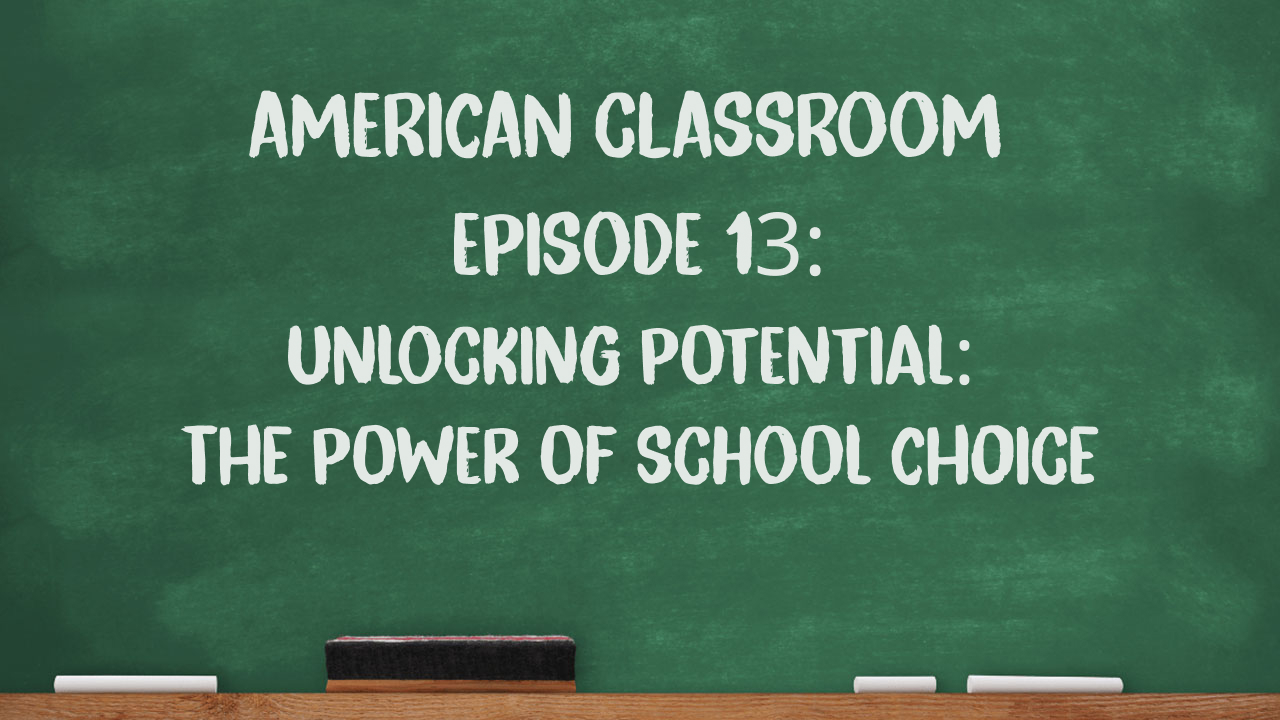
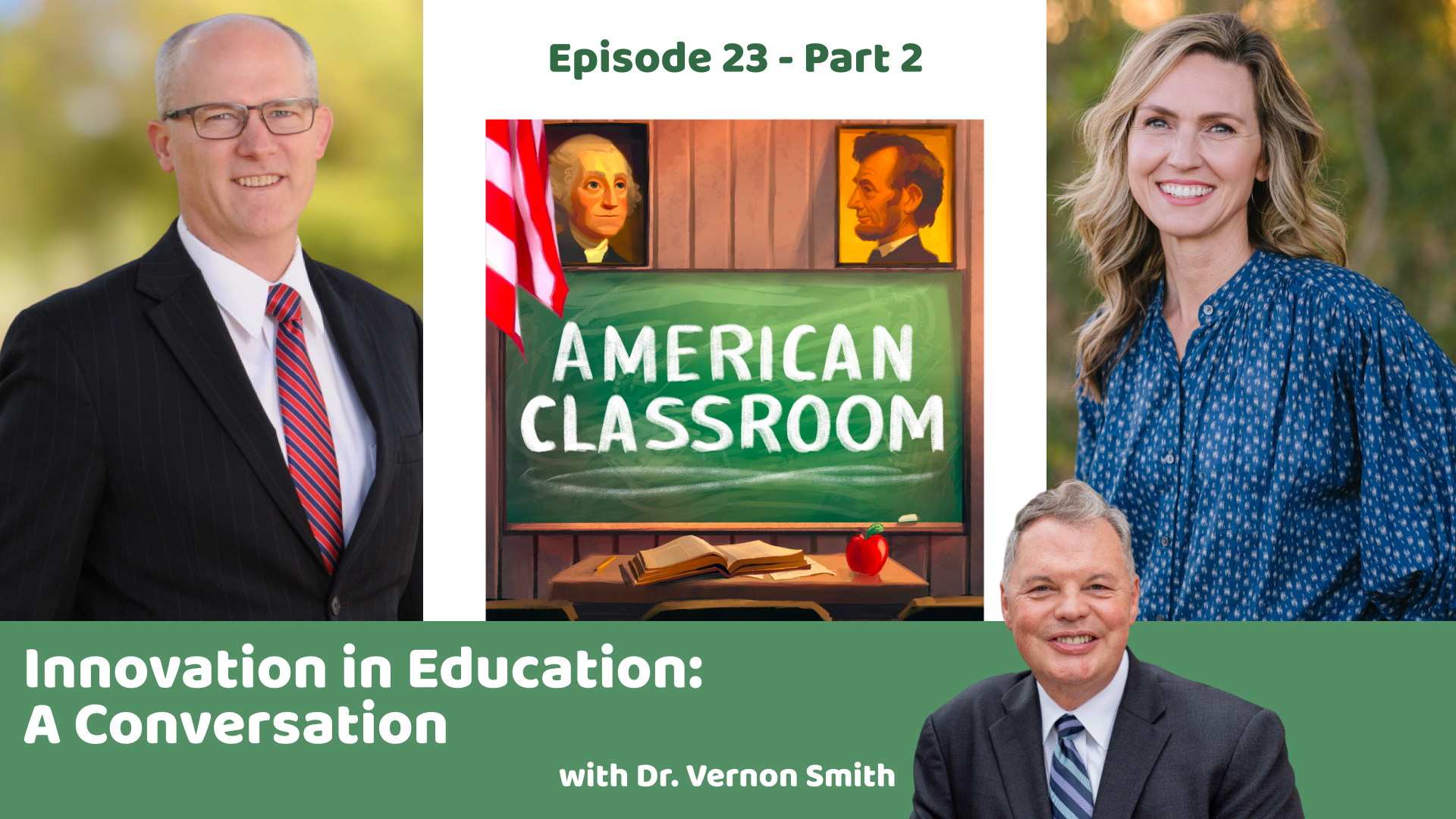
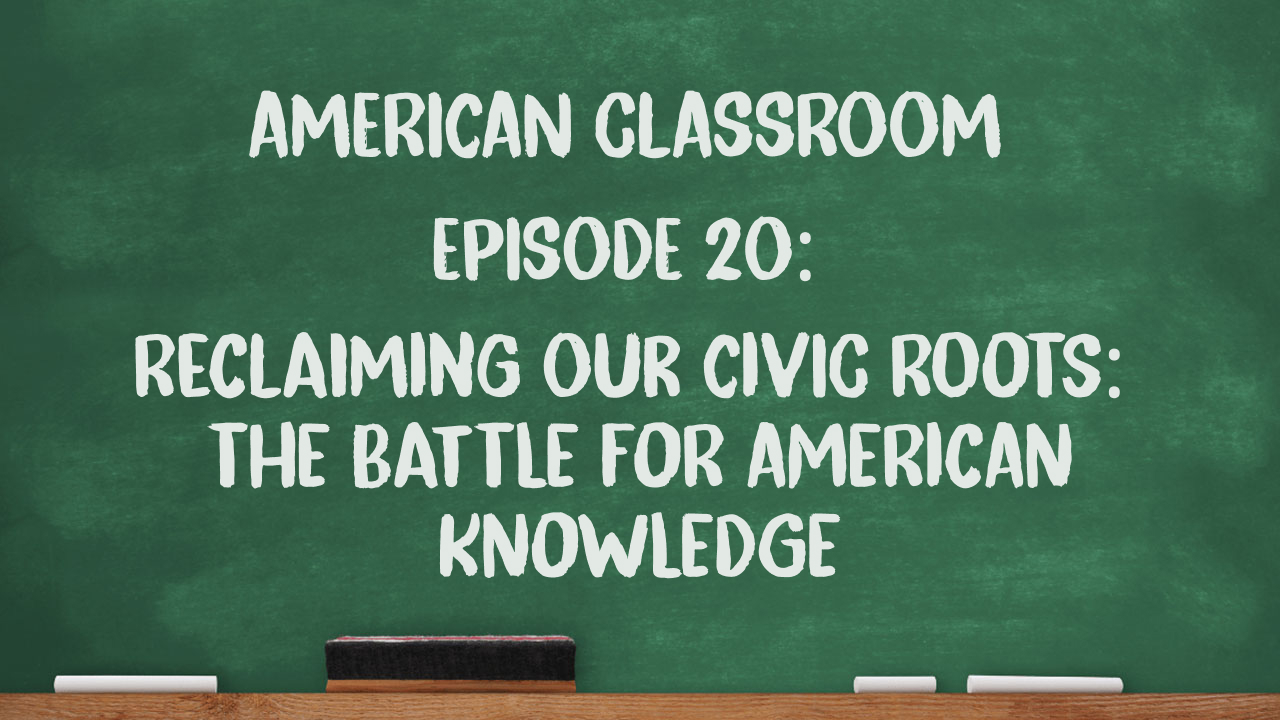
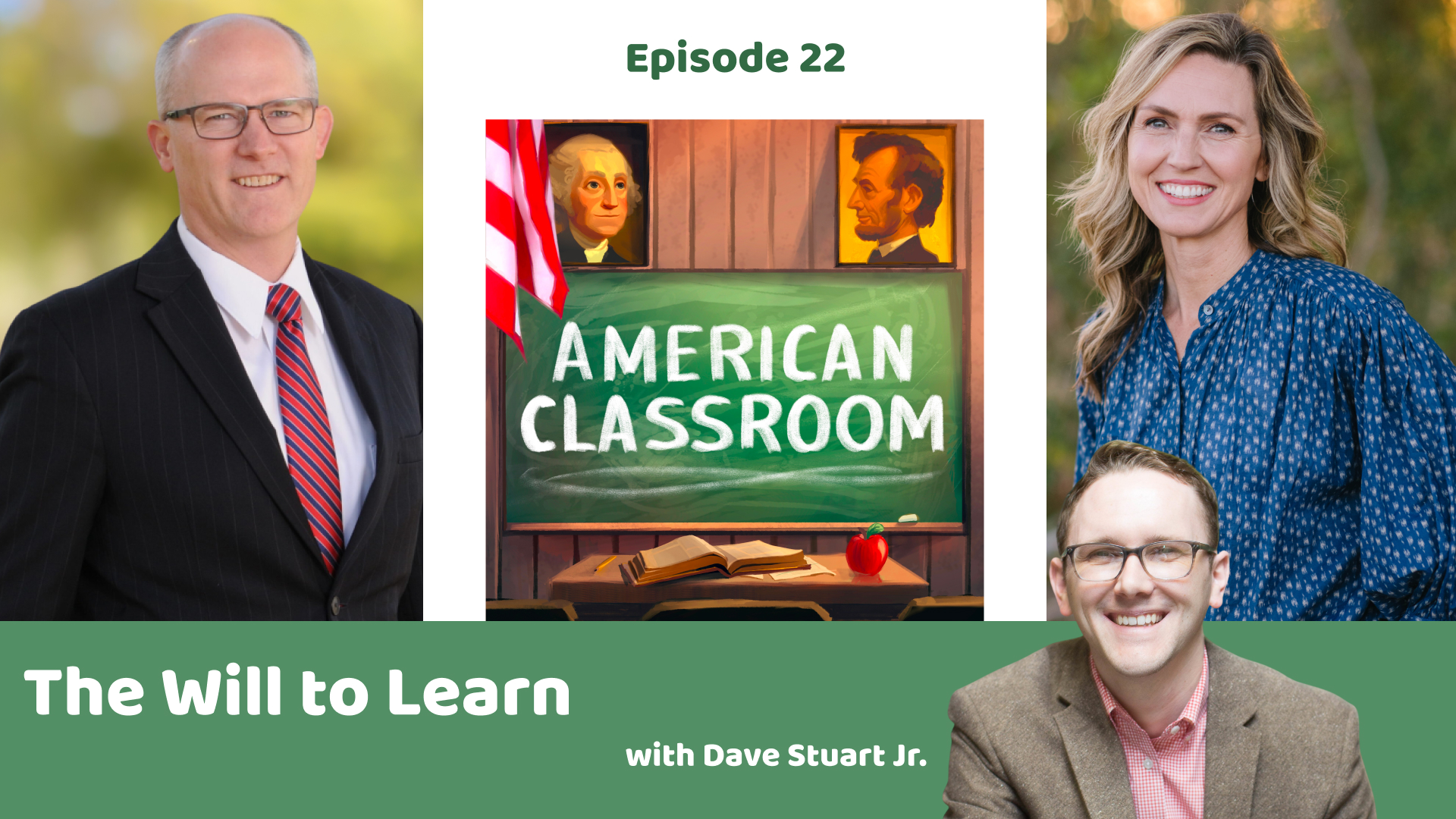

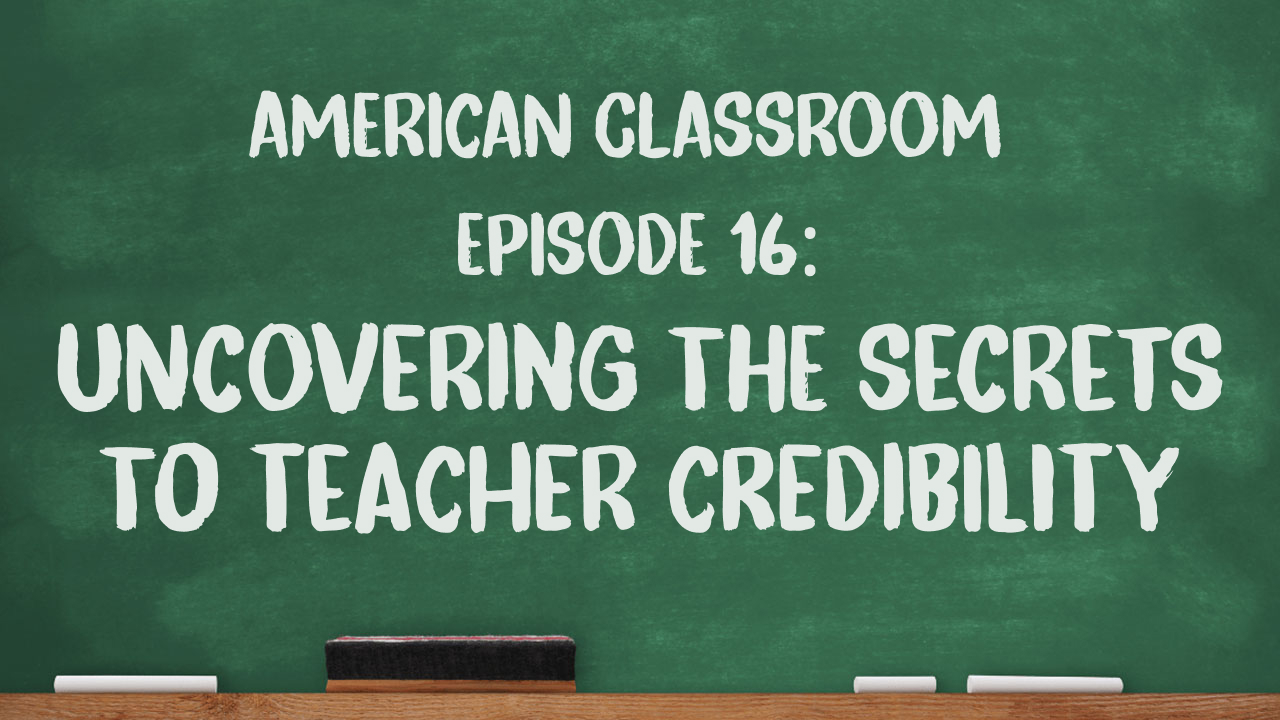
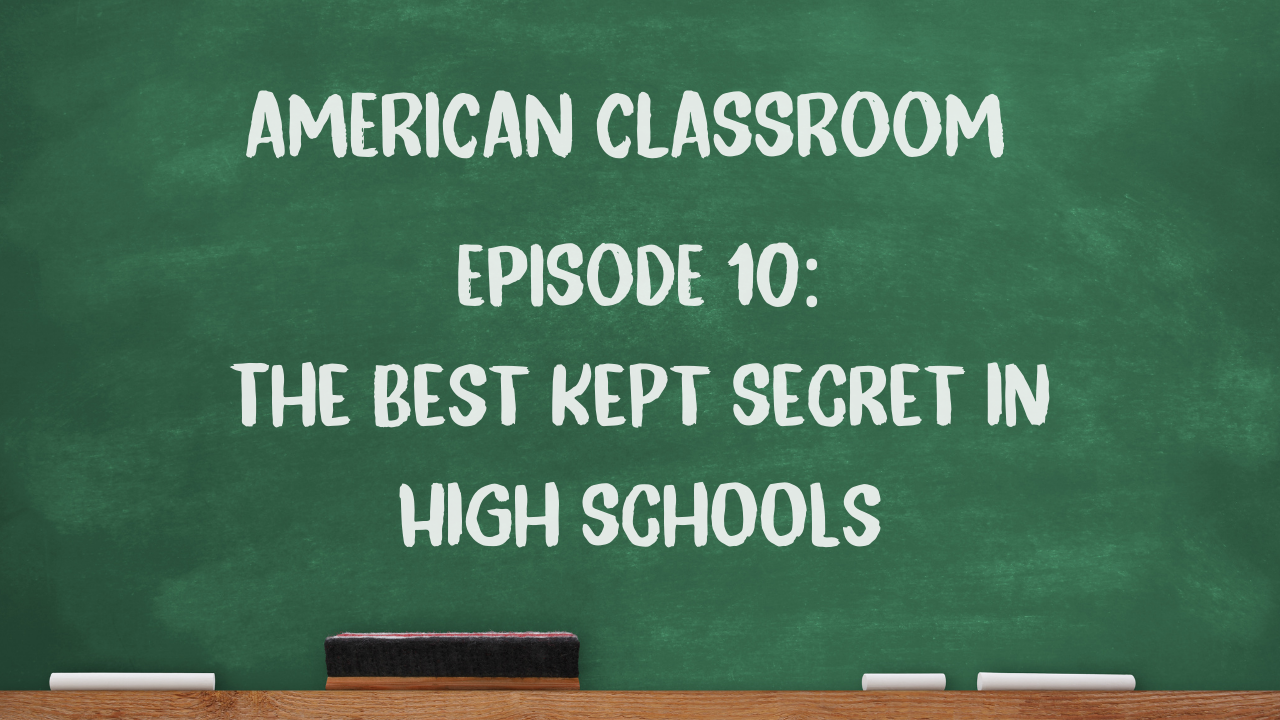
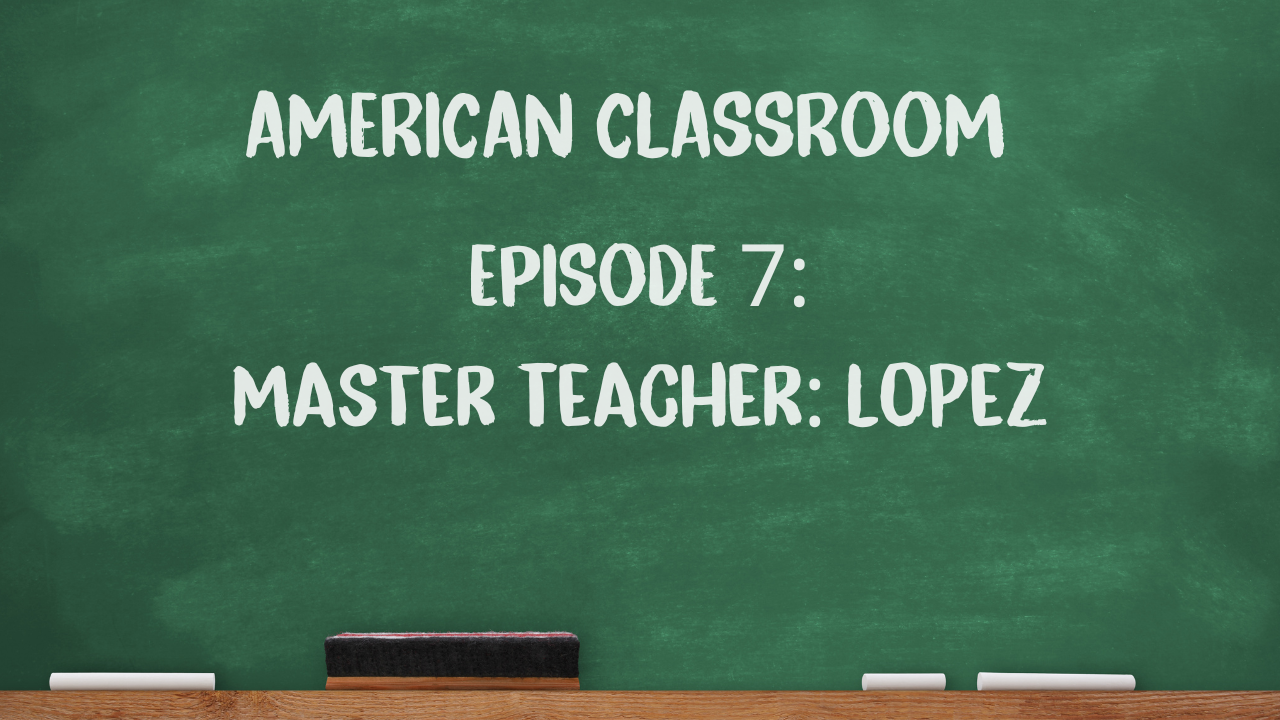
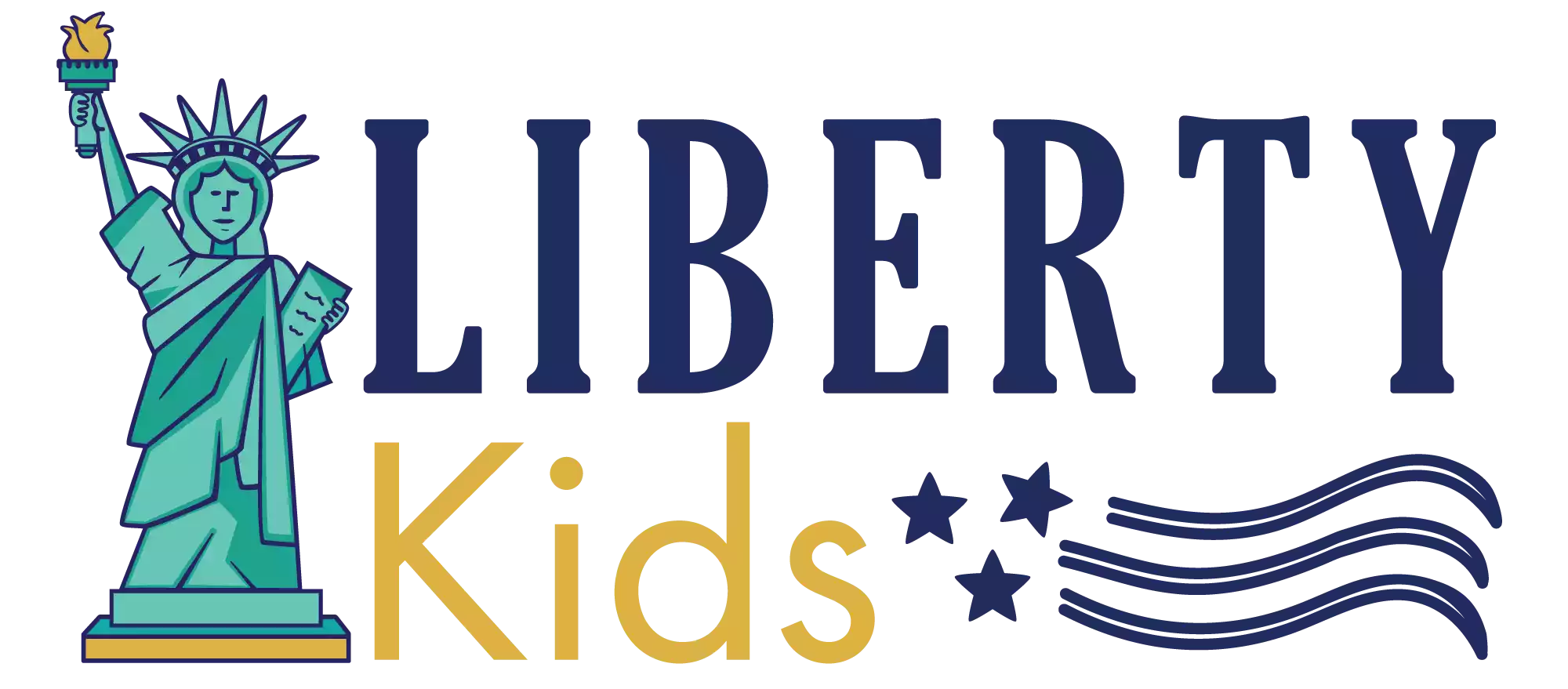
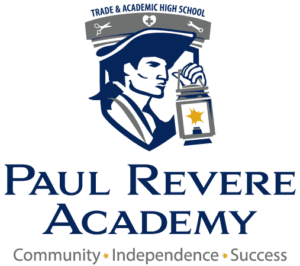
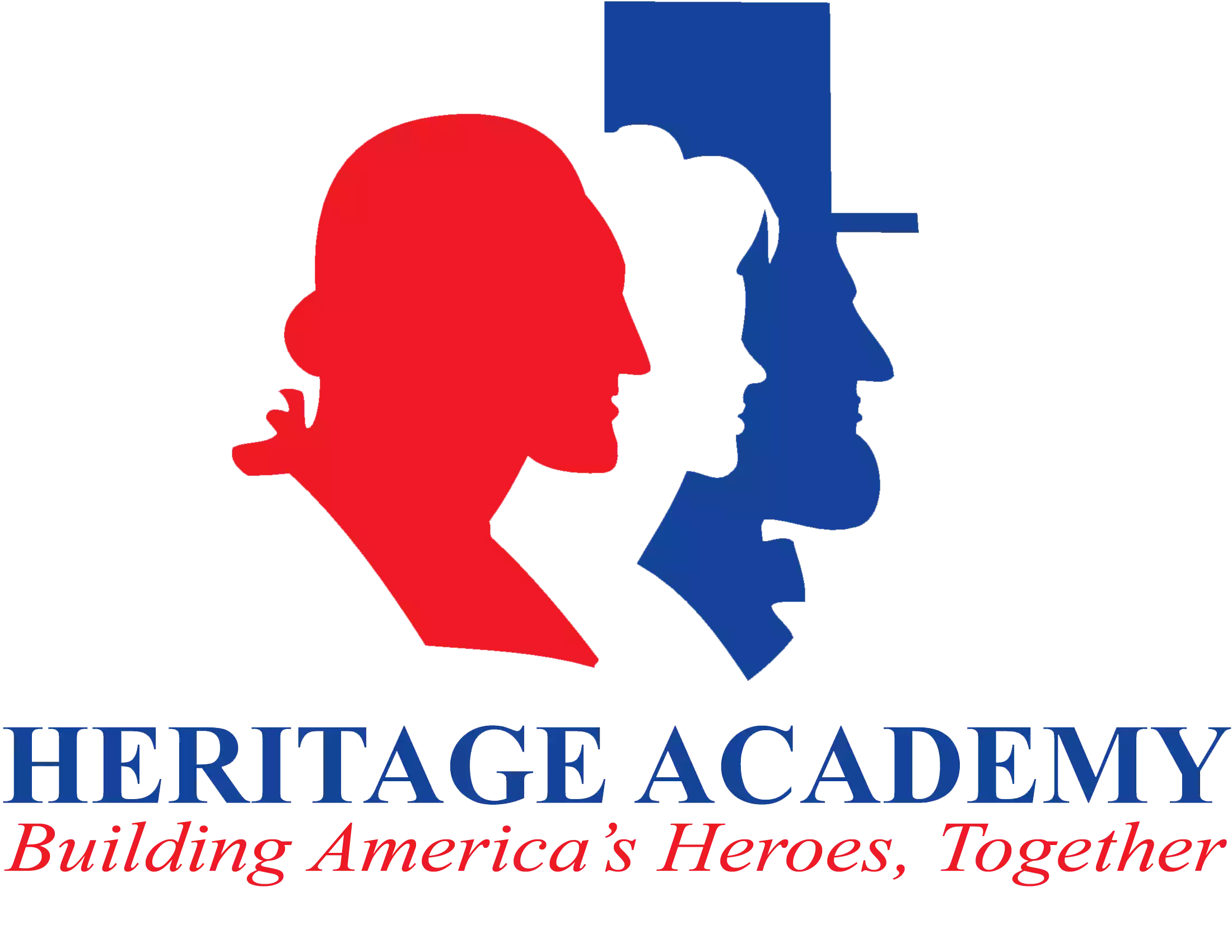
Comments